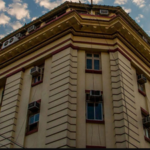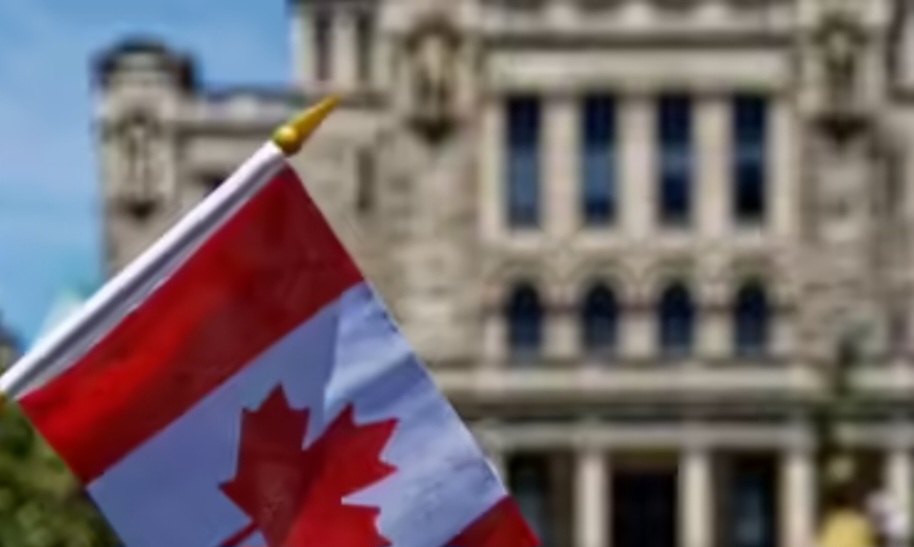Himalaya Harbinger National Bureau.
The Supreme Court has agreed to hear pleas seeking a stay of the Citizenship Amendment Act (CAA) on March 19, following over two hundred petitions challenging various provisions of the law since its passage in 2019.
Senior advocate Kapil Sibal brought the matter before Chief Justice DY Chandrachud, who confirmed that the issue would be listed for hearing next week.
The CAA, passed by Parliament in December 2019, aims to expedite citizenship for non-Muslim refugees who faced religious persecution in Pakistan, Bangladesh, and Afghanistan and arrived in India on or before December 31, 2014.
In response to the passage of the law, the Union government issued rules for its implementation on Monday. However, this move has been met with criticism from opposition leaders, who have labeled the notified rules as “unconstitutional,” “discriminatory,” and in violation of the secular principles enshrined in the Constitution.
Critics argue that by excluding Muslims from its purview and linking citizenship to religious identity, the CAA undermines the secular fabric of the Indian Constitution.
Despite these criticisms, the Centre maintains that the CAA is solely aimed at granting citizenship and assures that no citizen of the country will lose their citizenship under this law.
In a recent interview with news agency ANI, Union Home Minister Amit Shah reiterated the government’s stance on the CAA, stating, “CAA will never be revoked, and the BJP-led government will not compromise on it.”
He further emphasized, “Granting Indian citizenship is our sovereign right, and we will uphold it firmly. What BJP or PM Modi commits to is steadfast. Every assurance given by Modi is fulfilled.”
The opposition’s stance on the matter, according to Shah, reflects their historical inconsistency in promises and actions.
With the Supreme Court’s decision to hear the pleas challenging the CAA, the legal battle surrounding the controversial law is set to intensify.








